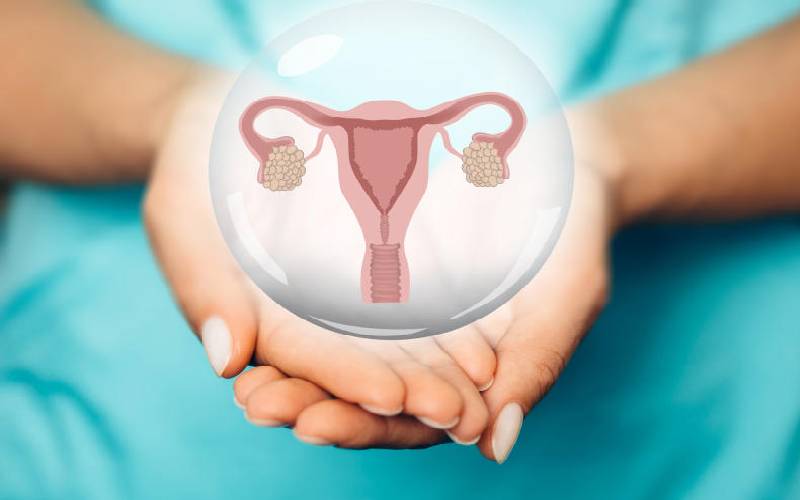×
The Standard e-Paper
Kenya’s Boldest Voice

During the World Health Assembly in August this year, 194 countries took a stand against cervical cancer and resolved to ensure its elimination. A new global strategy was developed to ensure serial elimination of the cancer across the globe.